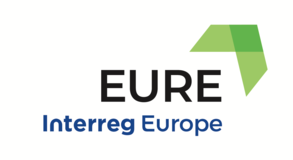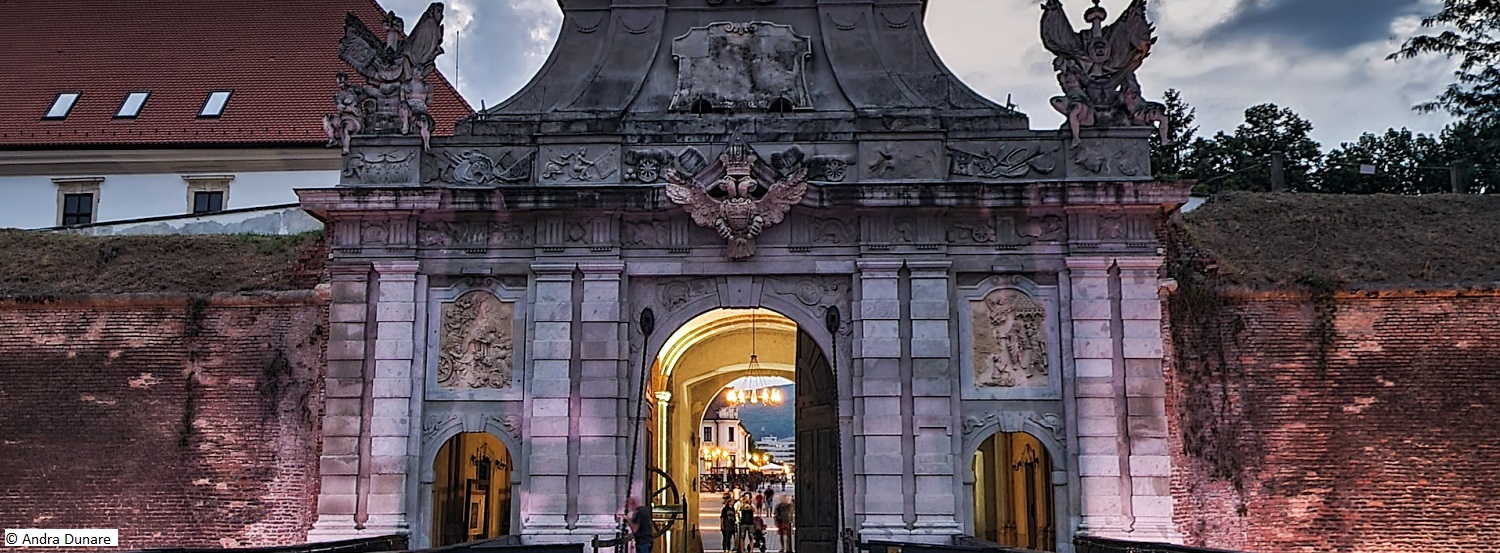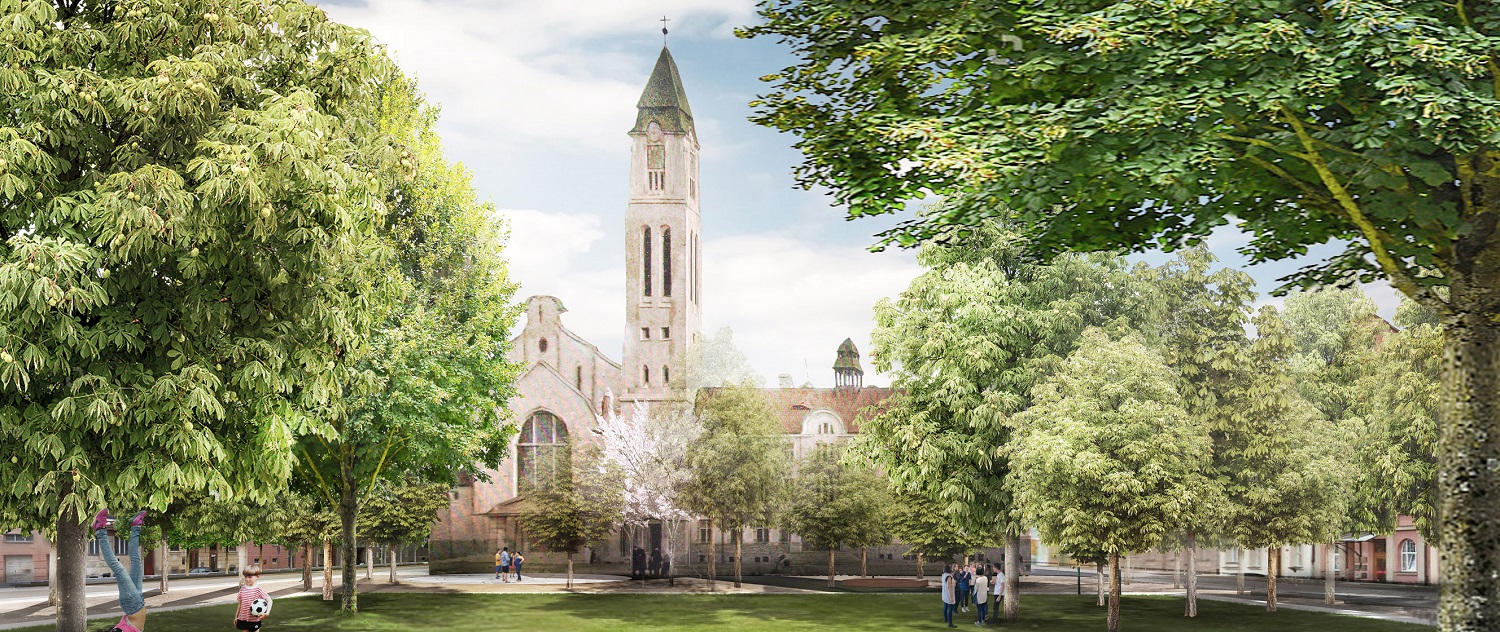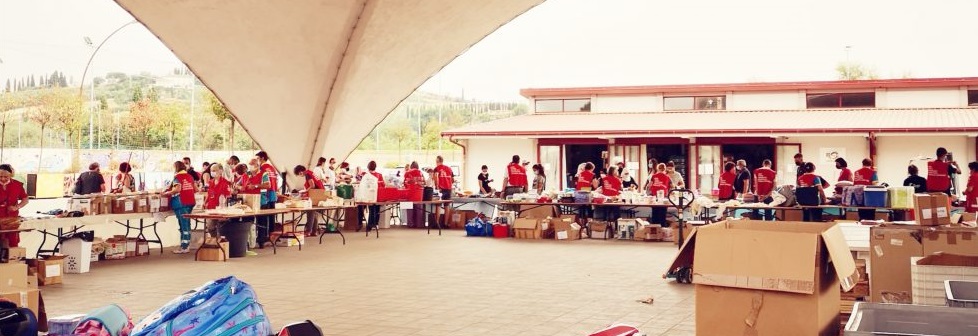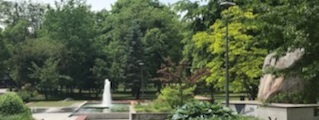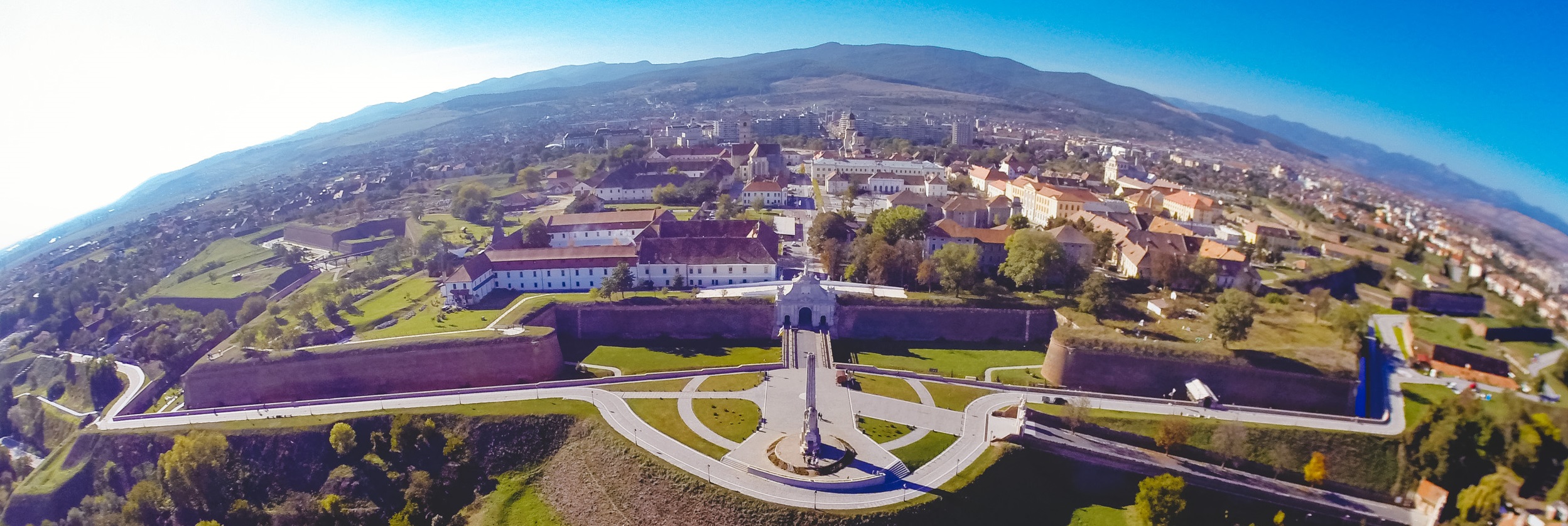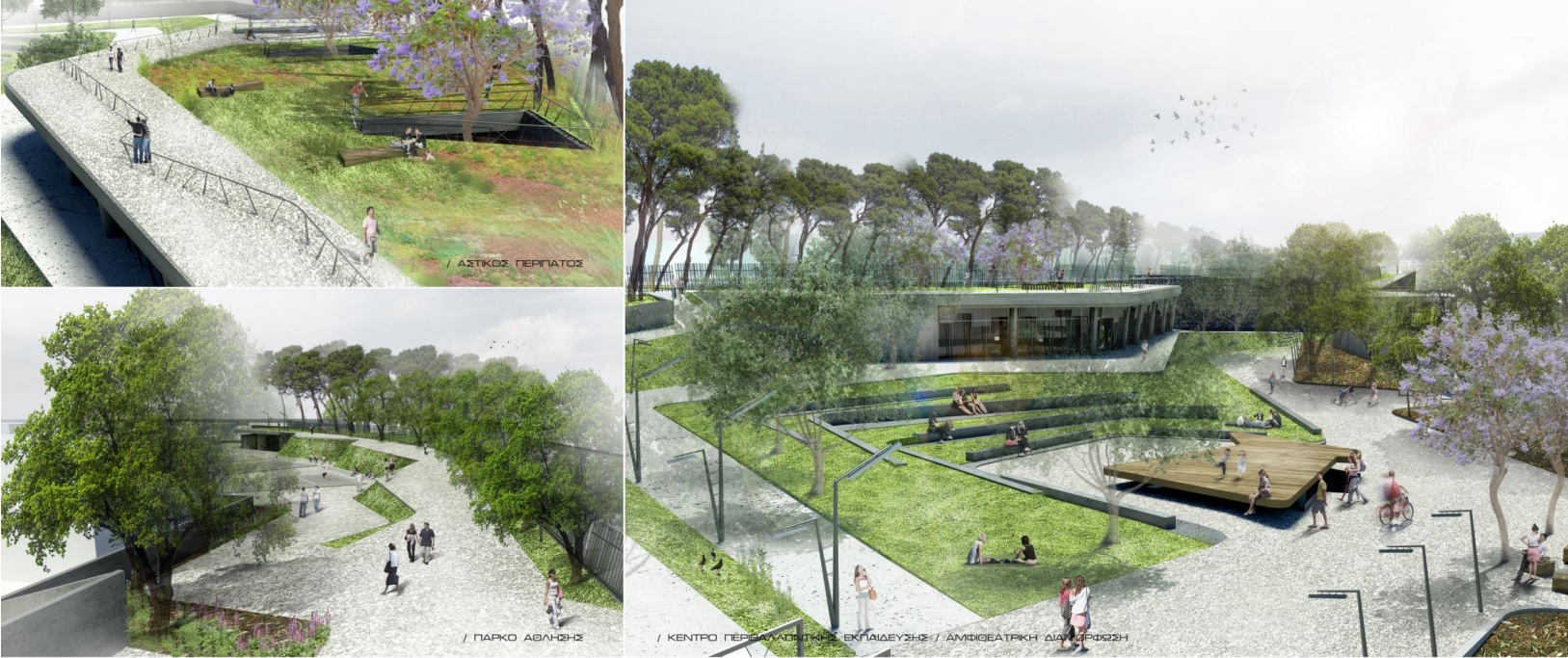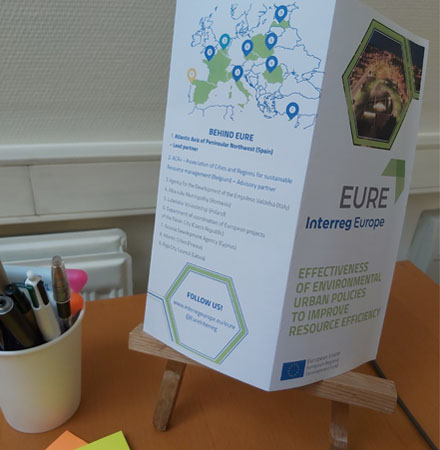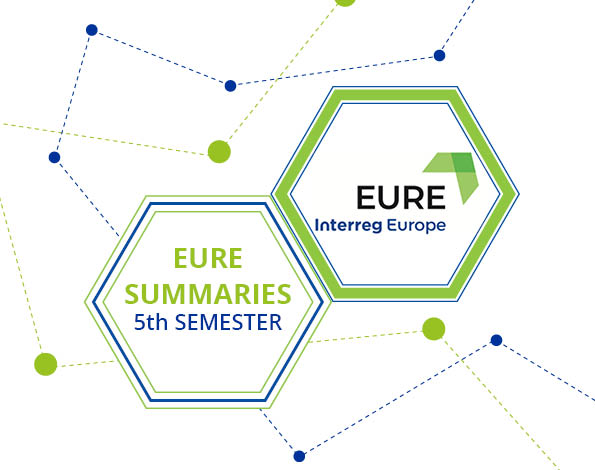ASEV and the Municipality of Empoli joined forces to organise a public seminar on 15 October 2021 to present the Regional Report Empoli entitled “Empoli, a City between Industry and Design”.
As a physical event held after long lasting restrictions imposed due to the COVID 19 pandemic, it provided a valuable opportunity to discuss with the representatives of local authorities the following questions related to the future financing period and connection with the Recovery Fund: What are the main challenges facing small and medium-sized European cities in the post-pandemic period? How can we respond to the new social and economic needs that have emerged since Covid-19? What can be the impact of urban and environmental regeneration interventions in the current and future context of our cities? What will be the future of European and regional funds to support urban and environmental regeneration policies?
The Mayor of the City of Empoli, Mrs. Brenda Barnini, opened the Seminar, welcoming the participants and explaining her position and opinion on the future policies of urban innovation. She focused in particular on the relationship between peripheral territories and metropolitan areas or higher Managing Authorities in the use and management of the ERDF fundings. The President of Regione Toscana Mr. Eugenio Giani shared some considerations on the impact of the Recovery Fund flow on the future budget and investments in the Tuscany Region, confirming the importance for local bodies to be ready and organized to seize this important opportunity for innovation.
Mr. Lorenzo Sabatini from ASEV introduced the EURE project, the deliverables produced so far as well as commitments of the partners for the future Action Plans. Mr. Massimo Bressan, member of the group of experts for ASEV and author of the Regional Report, presented the content of the Report as well as the 10 political recommendations contained in the Opinion Report. Mrs. Roberta Scardigli, Manager of Public Works and Heritage of the Municipality of Empoli, reported the progress of Urban Innovation Project "Hope”, stressing that the construction sites are really moving forward and some buildings will be opened in short!
The final contribution came from Professor Elena Granata from the University of Milan, Department of Urban Studies, who is also one of the main Italian experts in Civil Economy. She underlined with passionate words the importance of small and medium cities in the future of Europe in the post-pandemic period: in fact, during the COVID-19 outbreak these cities and peripheral territories have proved to be more resilient and with better life quality in general, recently becoming more attractive thanks to a lower population density, a higher presence of green areas, proximity with rural areas and more efficient public services.
Small and medium cities should find a new attractive profile through reinforcing their connection with the surrounding territories, paying more and more attention to the quality of environment, food, service, education, and culture. Their future and role are not to “copy” and reproduce what is already happening in the big cities, but to find their own new profile, becoming thus “biodivercities”: biodiversity is the key word for the post-pandemic future, as underlined and recommended by EURE Political Recommendation 9 and 10.
